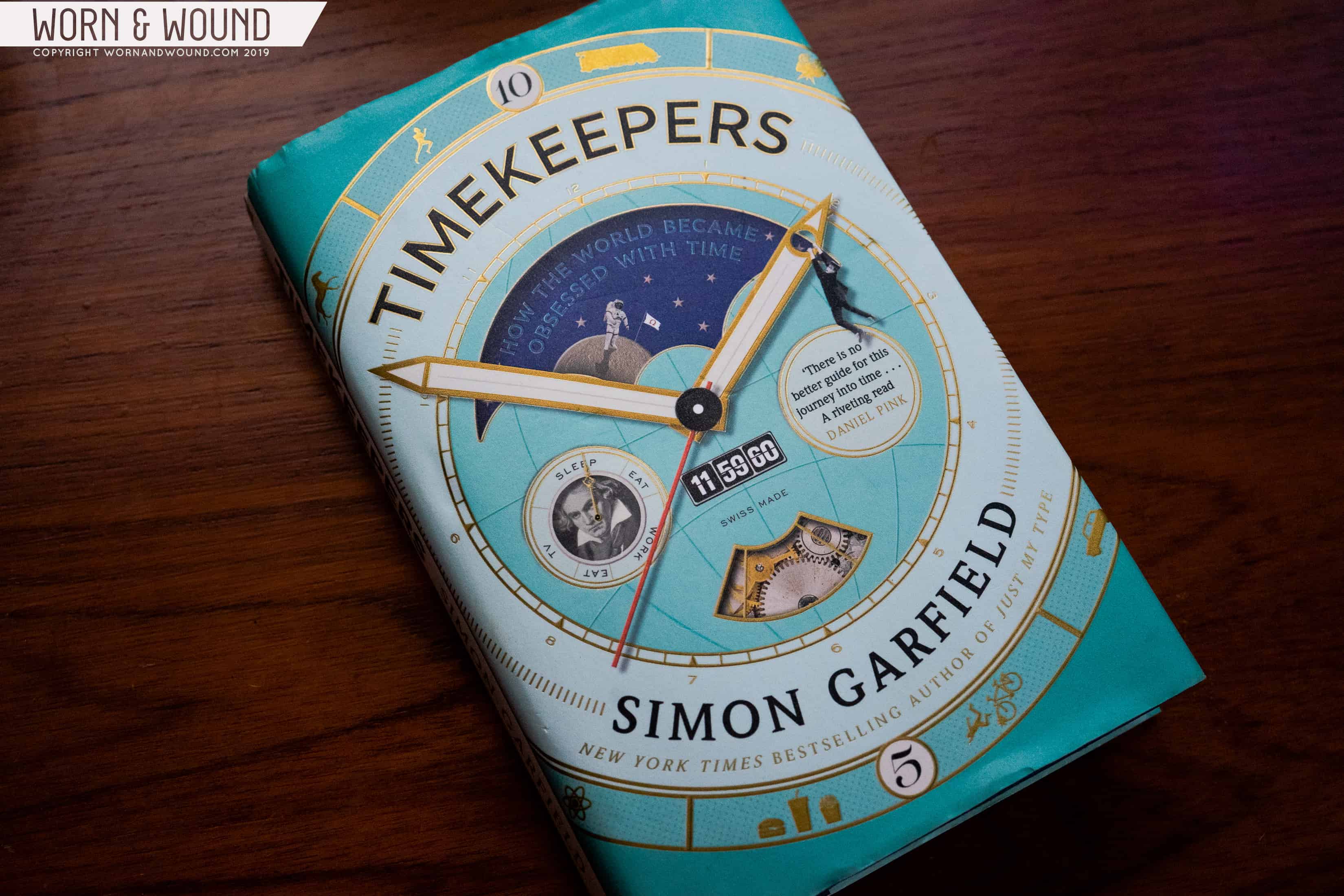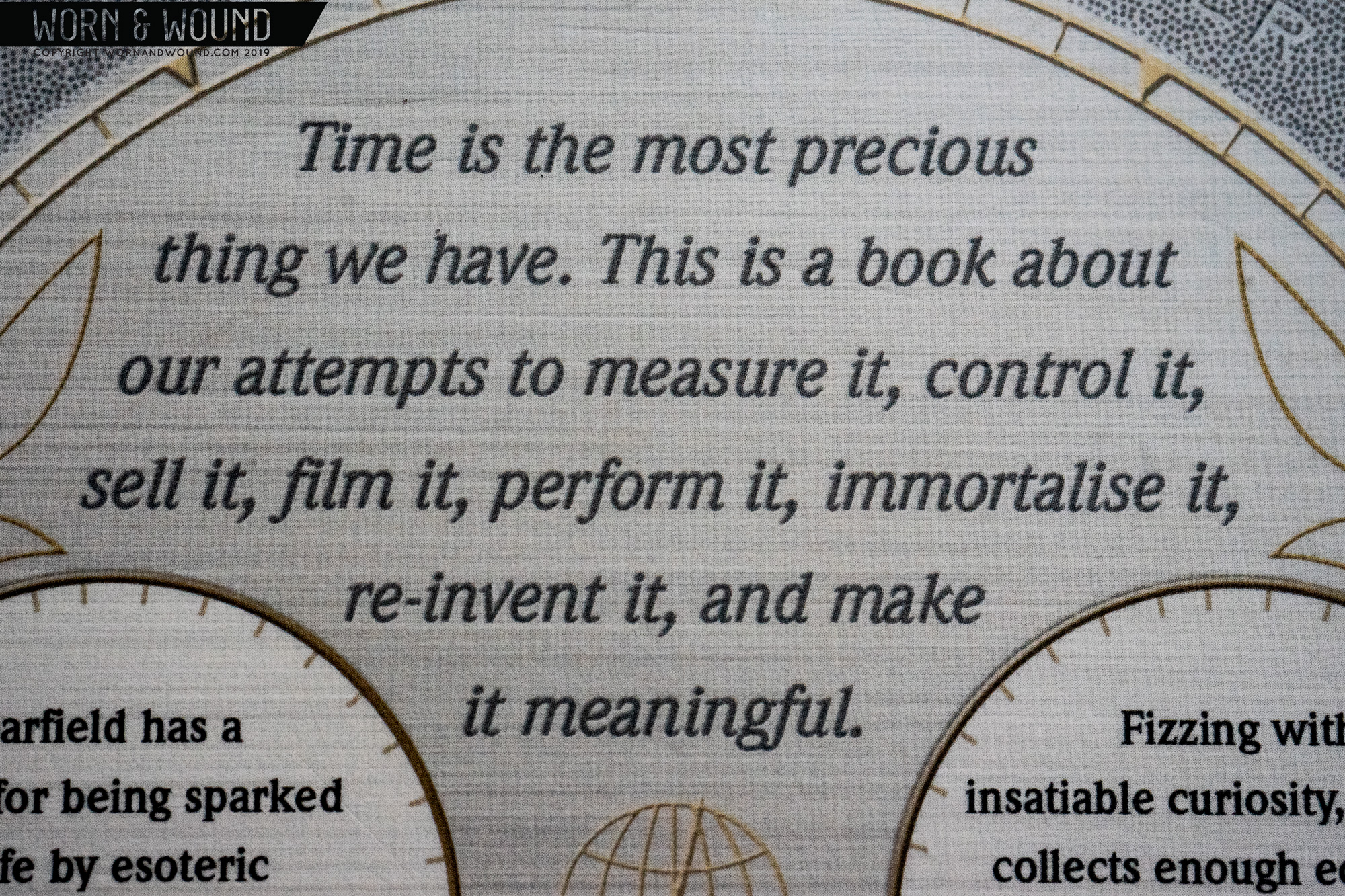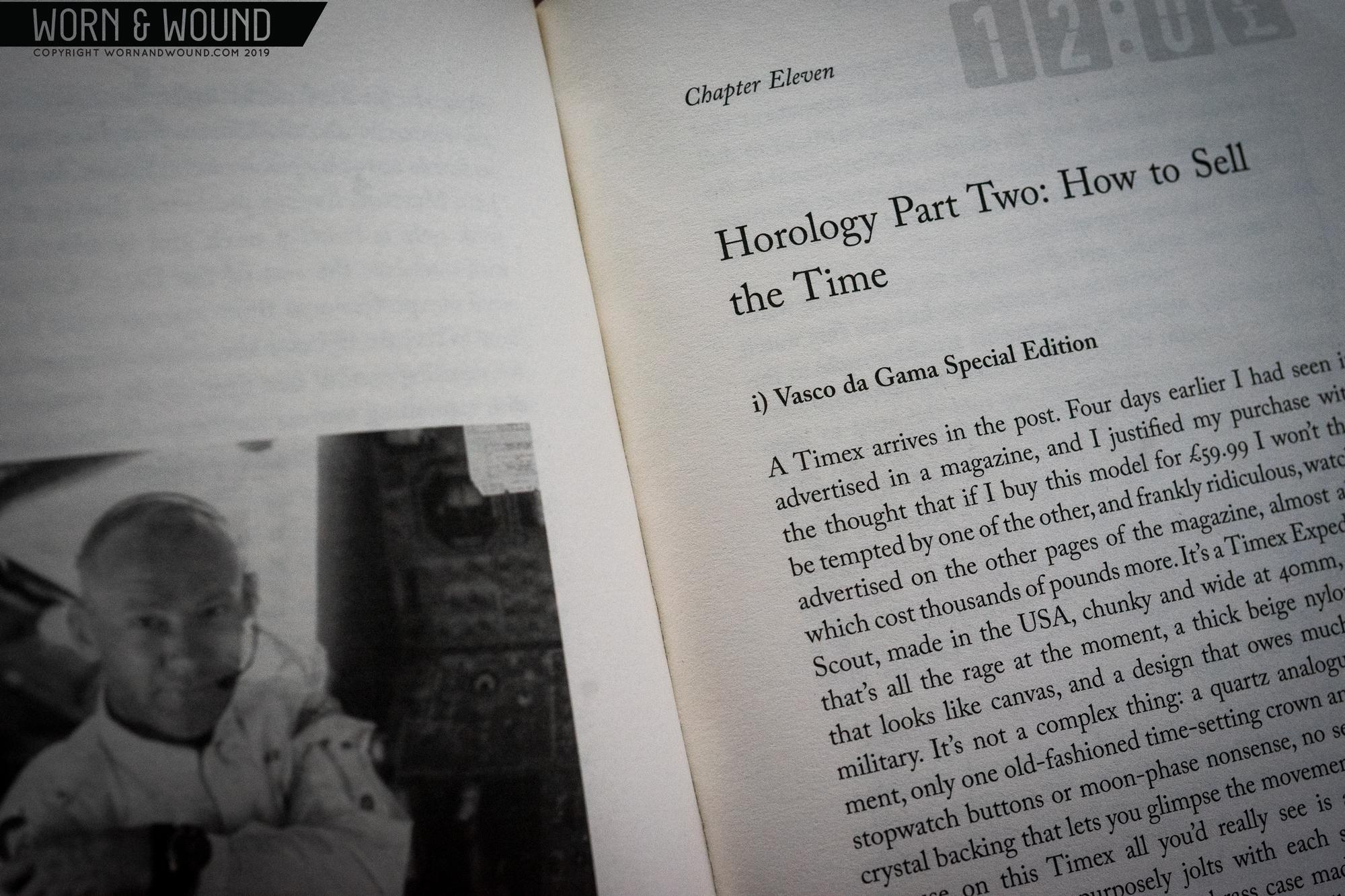I almost never hear watch enthusiasts talk about time itself. This isn’t entirely strange. Fans of cars don’t talk about transportation; furniture buffs don’t discuss posture; even baseball card collectors have been known to ignore the game itself. Alas, sometimes an obsession with accouterments obscures the bigger picture. That’s unfortunate for the horologically obsessed, because time is a fascinating and vast topic. Pondering time can invoke a childlike wonder as we gaze at the dial, and it can pique our curiosity about astro-, nuclear-, and metaphysics, mechanical and electrical engineering, anthropology and sociology, urban planning, economics, banking, psychology, pharmacology, and on and on. Time so pervades our lives that the word “time” is the most used in the English language, a fact that Simon Garfield drops early on in his book Timekeepers. 
I’ve read a short stack of books about time, and none are as compelling, approachable, and relevant as Timekeepers. Garfield writes that, “This is a book about our obsession with time and our desire to measure it, control it, sell it, film it, perform it, immortalize it and make it meaningful.” He’s quick to point out that Timekeepers will not get into speculations on the nature of time or “the mind-bending mechanics of time travel.” Instead, Garfield takes us from before accurate measurements of time dominated our days up to the present moment in which we have tethered ourselves to electronic calendars that schedule us to the minute and, unsurprisingly, stress us out by making us feel that we don’t have enough time. “Time, once passive, is now aggressive,” Garfield writes, and then he spends 330 pages explaining how that happened and what to make of it. Unsurprisingly, watches figure prominently.









 Featured Videos
Featured Videos










